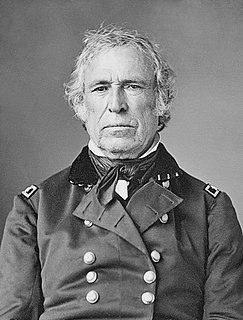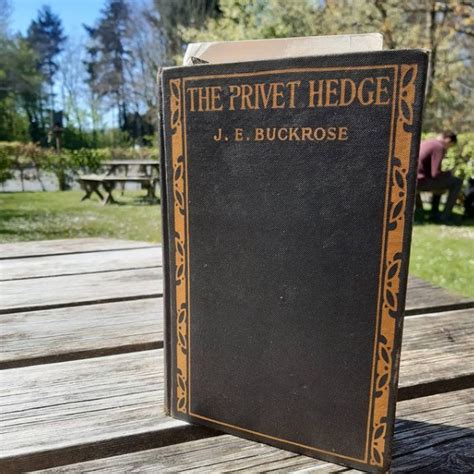A Quote by Louis D. Brandeis
The constitutional right of free speech has been declared to be the same in peace and war. In peace, too, men may differ widely as to what loyalty to our country demands, and an intolerant majority, swayed by passion or by fear, may be prone in the future, as it has been in the past, to stamp as disloyal opinions with which it disagrees.
Related Quotes
The cry has been that when war is declared, all opposition should therefore be hushed. A sentiment more unworthy of a free country could hardly be propagated. If the doctrine be admitted, rulers have only to declare war and they are screened at once from scrutiny. . . . In war, then, as in peace, assert the freedom of speech and of the press. Cling to this as the bulwark of all our rights and privileges.
We are in a war of a peculiar nature. It is not with an ordinary community, which is hostile or friendly as passion or as interest may veer about: not with a state which makes war through wantonness, and abandons it through lassitude. We are at war with a system, which by its essence, is inimical to all other governments, and which makes peace or war, as peace and war may best contribute to their subversion. It is with an armed doctrine that we are at war. It has, by its essence, a faction of opinion, and of interest, and of enthusiasm, in every country.
Our researchers into Public Opinion are content That he held the proper opinions for the time of year; When there was peace, he was for peace: when there was war, he went. He was married and added five children to the population, Which our Eugenist says was the right number for a parent of his generation, And our teachers report that he never interfered with their education. Was he free? Was he happy? The question is absurd: Had everything been wrong, we should certainly have heard.
The price of peace is righteousness. Men and nations may loudly proclaim, 'Peace, peace,' but there shall be no peace until individuals nurture in their souls those principles of personal purity, integrity, and character which foster the development of peace. Peace cannot be imposed. It must come from the lives and hearts of men. There is no other way.
It would be difficult, perhaps, to find the annals of a nation less stained with crimes than those of the Armenians, whose virtues have been those of peace, and their vices those of compulsion. But whatever may have been their destiny and it has been bitter whatever it may be in future, their country must ever be one of the most interesting on the globe.
It may seem sometimes as if a culture of peace does not stand a chance against the culture of war, the culture of violence and the cultures of impunity and intolerance. Peace may indeed be a complex challenge, dependent on action in many fields and even a bit of luck from time to time. It may be a painfully slow process, and fragile and imperfect when it is achieved. But peace is in our hands. We can do it.
True depression is a terribly real thing. Some of the noblest men and women in the world have been prone to it ... They may have no reason for feeling more unhappy at that particular period than at any other. Their worldly circumstances may be just what they have been for a long time past, and perfectly satisfactory. But there suddenly closes down on them a fog of the mind which exaggerates and distorts everything.
Free institutions are not the property of any majority. They do not confer upon majorities unlimited powers. The rights of the majority are limited rights. They are limited not only by the constitutional guarantees but by the moral principle implied in those guarantees. That principle is that men may not use the facilities of liberty to impair them. No man may invoke a right in order to destroy it.
No power but Congress can declare war; but what is the value of this constitutional provision, if the President of his own authority may make such military movements as must bring on war? ... [T]hese remarks originate purely in a desire to maintain the powers of government as they are established by the Constitution between the different departments, and hope that, whether we have conquests or no conquests, war or no war, peace or no peace, we shall yet preserve, in its integrity and strength, the Constitution of the United States.

































